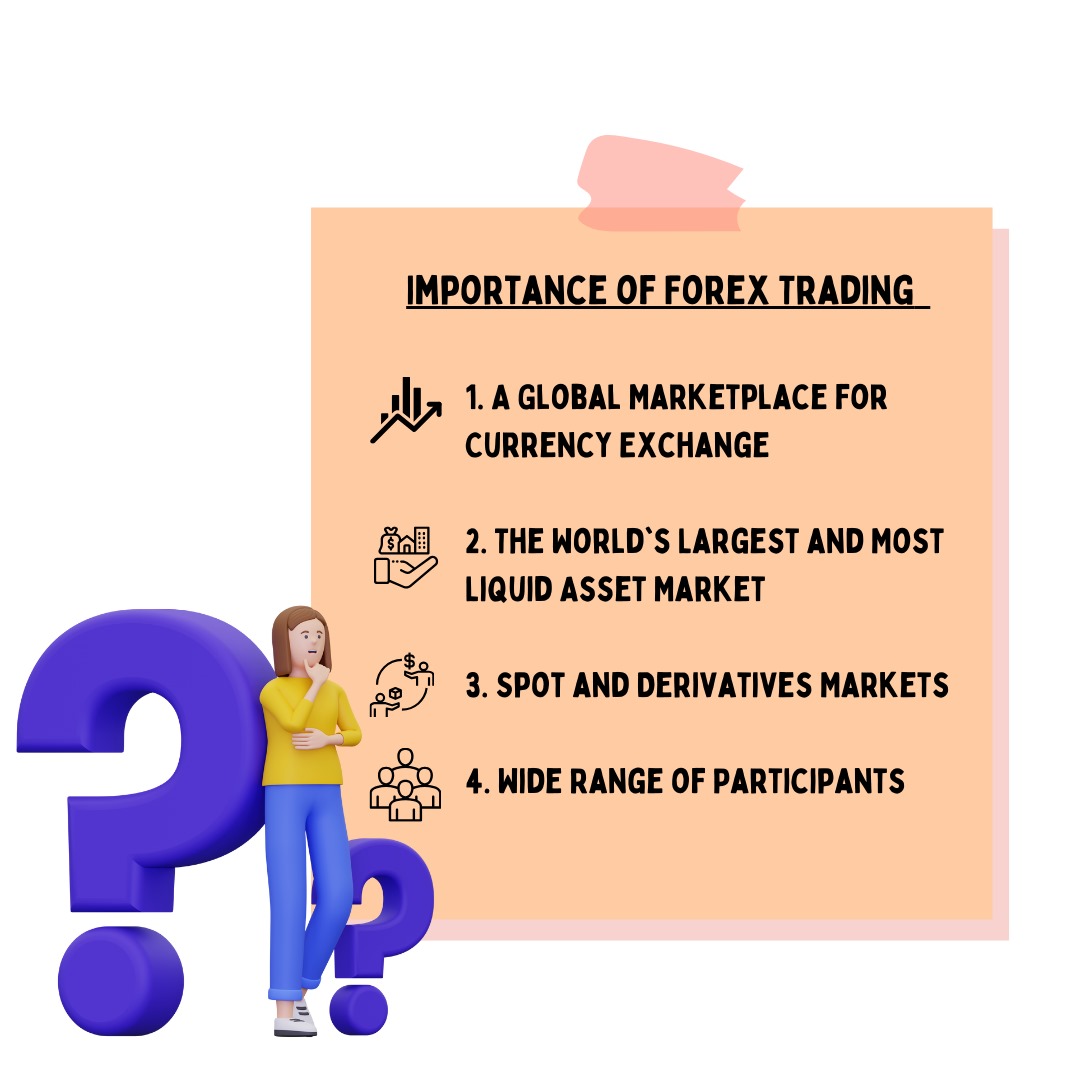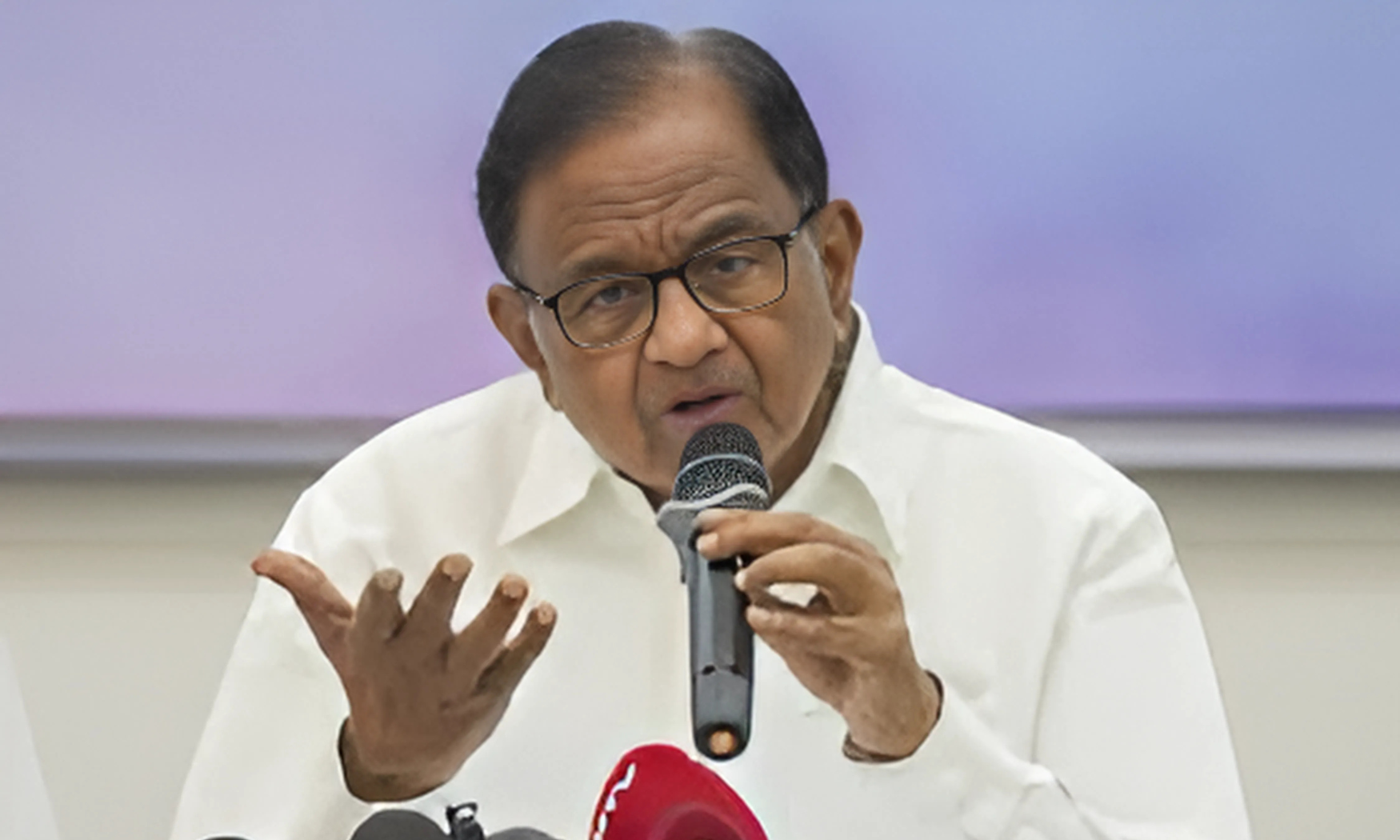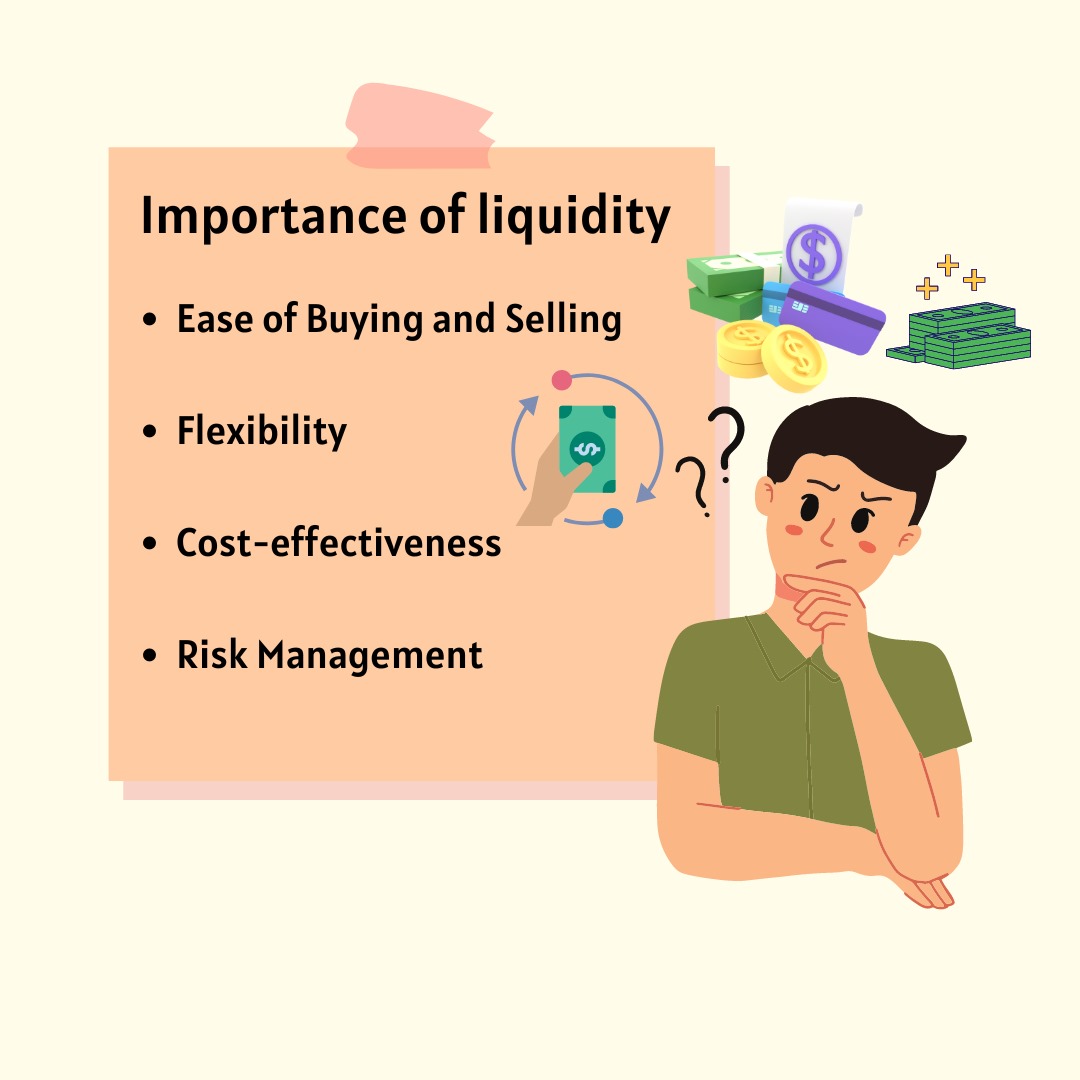What is Forex Trading? Meaning, Importance, 4 Advantages, Brokers in India

Have you ever wondered how people make money while sipping coffee in their pajamas at home or on a beach in Bali? It’s not a magic trick, but rather the fascinating world of forex trading.
If you want to learn the same, then this guide is your best friend.
Here, we will delve into the meaning of forex trading, explore the importance of foreign exchange, discuss the advantages of forex exchange market, and take a closer look at the forex trading brokers in India to help you identify the best broker for forex trading in India.
Summary
What is Forex Trading?
Importance of Forex Trading
- A Global Marketplace for Currency Exchange
- The World’s Largest and Most Liquid Asset Market
- Spot and Derivatives Markets
- Wide Range of Participants
The Advantages of Foreign Exchange Trading
- High Liquidity and Accessibility
- Leverage for Capital Multiplication
- Opportunities for Diversification
- Speculation and Hedging
Forex Trading Brokers in India: Finding the Best Fit
- Regulatory Compliance
- Trading Platforms
- Spreads and Commissions
- Leverage options
- Customer Support
- Educational Resources
What is Forex Trading?
Forex trading, often referred to as FX trading, is a financial practice that has taken the global markets by storm.
It is a portmanteau of the words “foreign currency” and “exchange,” and it refers to the process of changing one currency into another. This practice serves various purposes, primarily revolving around commerce, trade, and tourism.
Importance of Forex Trading
Forex trading is of paramount importance in the global financial landscape for several reasons. Next to what is forex trading, you must learn what its importance is.
1. A Global Marketplace for Currency Exchange:
The foreign exchange (forex or FX) market serves as a global marketplace for exchanging national currencies. Its distinguishing feature is the absence of a central marketplace.
Instead, transactions occur electronically over the counter (OTC) through computer networks connecting traders worldwide. This means that forex trading takes place around the clock, 24 hours a day, five and a half days a week, involving major financial centers worldwide.
2. The World’s Largest and Most Liquid Asset Market:
Due to its widespread influence in trade, commerce, and finance, forex markets often stand as the world’s largest and most liquid asset markets.
With currencies trading against each other in exchange rate pairs, forex trading offers immense liquidity, allowing traders to enter and exit positions with ease.
3. Spot and Derivatives Markets:
Forex markets encompass both spot (cash) and derivatives markets, including forwards, futures, options, and currency swaps.
These market segments provide diverse opportunities for market participants, whether they aim to hedge against international currency risk or speculate on geopolitical events.
4. Wide Range of Participants:
Forex markets are no longer the exclusive domain of institutional firms and large banks. They have evolved into a more retail-oriented market, enabling traders and investors of various sizes to participate.
In addition to commercial and investment banks, professional and individual investors now engage in currency trading. After understanding what is forex trading, and its importance, let’s take a look at the advantages of forex trading.
Also Read: What is Mutual Fund Investment? Meaning, Benefits, Types, Best Mutual Funds (Read Now!)
The Advantages of Foreign Exchange Trading
The forex market offers several advantages that make it an attractive choice for traders:
1. High Liquidity and Accessibility:
Forex markets are highly liquid, ensuring that traders can enter and exit positions quickly with minimal slippage (read more about slippage here). Furthermore, the market is open 24 hours a day, allowing flexibility for traders from different time zones.
2. Leverage for Capital Multiplication:
Forex trading often involves the use of leverage, which enables traders to control more significant positions with relatively modest initial capital.
This amplifies the potential for both profits and losses, making it essential for traders to exercise caution and manage their risk effectively.
3. Opportunities for Diversification:
Forex trading offers diversification possibilities for portfolios, as it allows traders to engage in different currency pairs and strategies. This diversification can be particularly valuable for risk management. Click here to know more about diversification of portfolio here.
4. Speculation and Hedging:
Market participants use forex trading for various purposes, including speculating on currency movements, hedging against international currency and interest rate risk, and enhancing the performance of investment portfolios.
These versatile applications make forex trading a valuable tool for both forex pros and those new to the market.
Also Read: What is SIP Investment: What Is It, Types, Benefits, How It Works (Ultimate Guide)
Forex Trading Brokers in India: Finding the Best Fit
Now that you know what is forex trading, let’s explore the landscape of forex trading brokers in India, which forex trader is best in India, and more. Here are some tips to help you identify the best broker for your forex trading needs:
1. Regulatory Compliance
Ensure the broker is regulated by relevant authorities. In India, the Securities and Exchange Board of India (SEBI) is responsible for overseeing financial markets, including forex trading. A regulated broker provides a level of security and accountability for your investments.
2. Trading Platforms
Examine the trading platforms offered by brokers. Ensure they offer user-friendly and reliable platforms with features that suit your trading style.
Also Read: Top 5 Money Earning Apps: Types, Earning Tips, and More
3. Spreads and Commissions
Compare spreads and commissions among brokers. Narrow spreads and reasonable commission structures can enhance your profitability. However, consider the quality of execution alongside costs.
4. Leverage Options
Different brokers offer varying leverage levels. Evaluate your risk tolerance and choose a broker that provides leverage options aligned with your trading strategy and comfort level.
5. Customer Support
Responsive customer support is essential for addressing queries and issues promptly. Test the broker’s customer support channels to ensure they meet your needs.
6. Educational Resources
Numerous brokers provide learning materials like webinars, tutorials, and market analyses. These can be beneficial for traders at all skill levels, so consider the availability of educational content.
So, to sum up, forex trading, often referred to as FX trading, has become a significant player in the global financial landscape. It offers substantial advantages, including high liquidity, accessibility, and diverse applications for both speculation and risk management.
For those considering forex trading in India, it’s crucial to understand what is forex trading, and how to choose the right broker that aligns with your trading goals and preferences.
Regulatory compliance, trading platforms, spreads, leverage options, customer support, educational resources, account types, and reputation are critical factors to consider when selecting the best forex trading broker.
With the right broker, you can embark on your forex trading journey with confidence and the potential for success.









